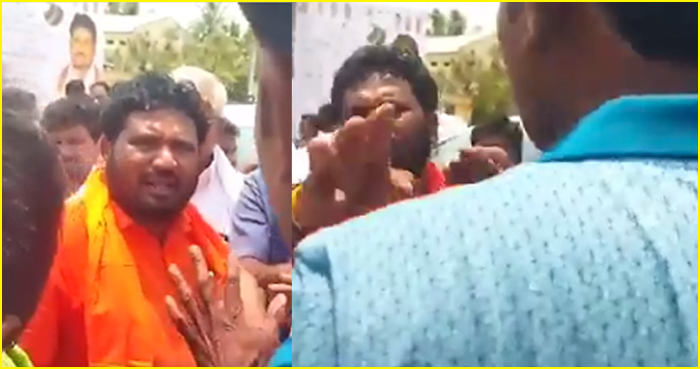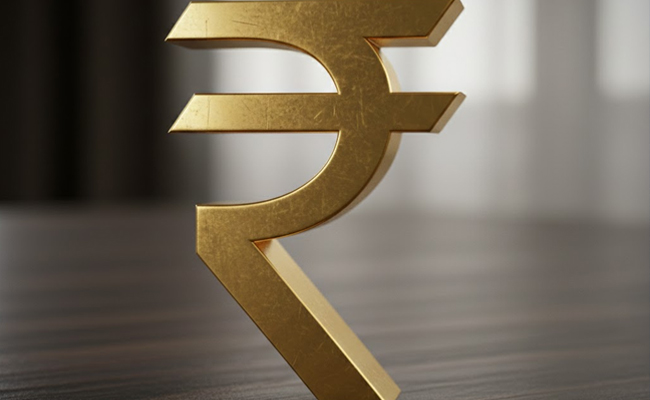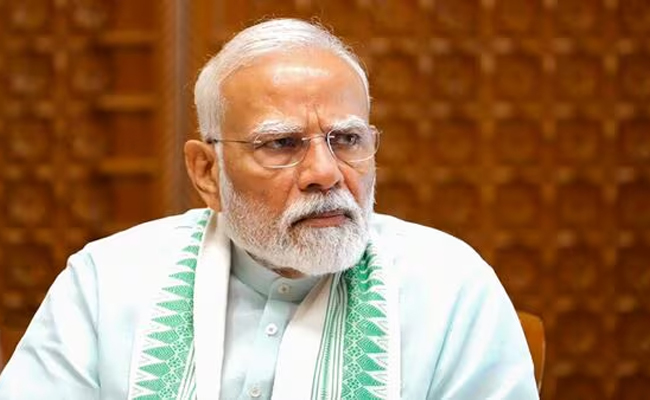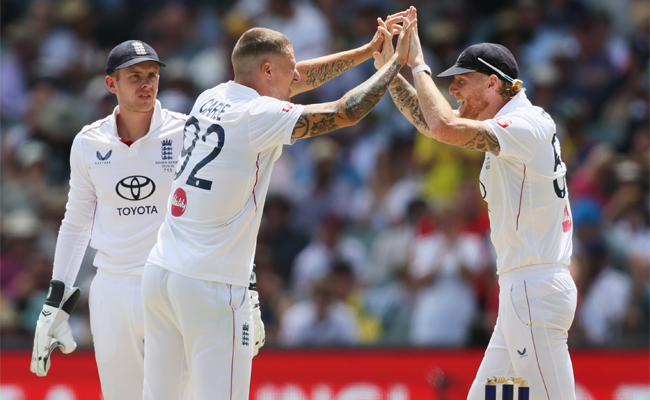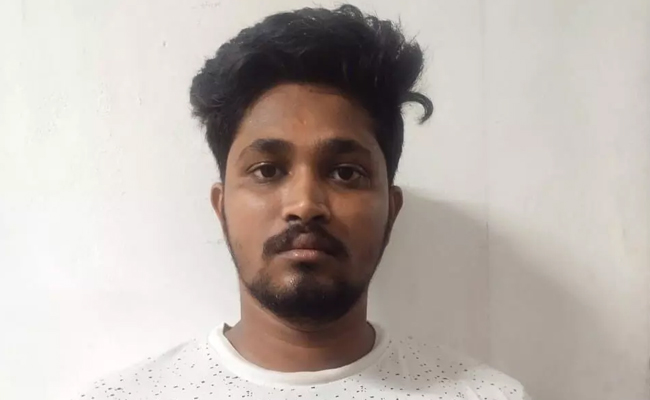Koppal: Villagers in Kanakagiri rounded up BJP MLA Basavaraj Dhadesugur and expressed anger over pending works in the constituency for the past four years.
A video of the incident is going viral across social media platforms wherein the MLA can be seen warning people against shooting the video, while the villagers are seen questioning him on what he has done for the people of the constituency in the last four years.
ALSO READ: Karnataka: Koppal MP Sanganna Karadi's brother dies in road accident
Party workers had to come to the MLA’s rescue and had to escort him away from the angry villagers.
Angry villagers gherao BJP MLA from Kanakagiri Basavaraj Dhadesugur and expressed anger over pending works in the constituency for the past four years. Party workers came to the MLA's rescue as they escorted him away from the angry villagers. #Karnataka pic.twitter.com/AckyMYOXVn
— Imran Khan (@KeypadGuerilla) April 11, 2022
Let the Truth be known. If you read VB and like VB, please be a VB Supporter and Help us deliver the Truth to one and all.
Mumbai (PTI): The rupee appreciated 24 paise to 89.96 against the US dollar in early trade on Friday, supported by corporate dollar inflows and easing crude oil prices.
Forex traders said the gain in the USD/INR pair follows the rupee’s string of record lows in recent weeks on likely intervention from the Reserve Bank of India.
Moreover, crude oil prices hovering around USD 59 per barrel level supported market sentiment.
ALSO READ:Rupee trades in narrow range against US dollar in early trade
At the interbank foreign exchange market, the rupee opened at 90.19 against the US dollar, then gained some ground and touched 89.96 against the US dollar, registering a gain of 24 paise over its previous close.
In initial trade it also touched 90.22 against the American currency. On Thursday, the rupee appreciated 18 paise against the US dollar to close at 90.20 against the greenback.
The rupee sank to a fresh record low, breaching the 91-a-dollar mark for the first time on Tuesday.
"Since the speculators are out of the market the buying of US dollar syndrome has come down a bit though intra-day we could see spikes," said Anil Kumar Bhansali Head of Treasury and Executive Director Finrex Treasury Advisors LLP.
The US CPI came lower than expected but was also due to non-collection of sufficient data and therefore, the next month’s CPI becomes more important, Bhansali said, adding that "Rupee remains in a range of 90-90.50".
Meanwhile, the dollar index, which gauges the greenback's strength against a basket of six currencies, was trading 0.04 per cent higher at 98.46.
Brent crude, the global oil benchmark, was trading lower by 0.27 per cent at USD 59.66 per barrel in futures trade.
On the domestic equity market front, the 30-share benchmark index Sensex climbed 375.98 points to 84,857.79, while the Nifty was up 110.60 points to 25,934.15.
Foreign Institutional Investors purchased equities worth Rs 595.78 crore on Thursday, according to exchange data.
Meanwhile, Economic Advisory Council to the Prime Minister (EAC-PM) member Sanjeev Sanyal on Thursday said he is not concerned about the rupee at all, arguing that even China and Japan witnessed exchange rate weaknesses during their high growth phases.
Speaking at 'Times Network's India Economic Conclave 2025', Sanyal said since the 90s, the rupee has mostly been allowed to find its own level, but the RBI uses its reserves to intervene in either direction to stop excessive volatility.
"I am not concerned about the rupee at all... Let me say that the rupee and its current weakness should not be necessarily conflated with some economic worry, because historically, if you go over time, you will see that economies that are in their high growth phase very often go through a phase of exchange rate weakness," he said.

